There’s a pervading feeling, even among those who reckon they know the automotive scene, that the UK isn’t much good at making cars. Not like the Germans or the French. Or even the Italians.
We started the post-war years as the world’s biggest car exporter, even beating the Americans, but have frittered the advantage away over the seven intervening decades.
Admittedly there have been hurdles. The competition has become much keener, especially since we did our best to help the German car industry rebuild itself post-WW2 and connect it to a bigger home market than our own.
The French rapidly rebuilt as well, driven by its citizens’ greater penchant for buying home-made products than our own.
Then the foreign imports started arriving in force. The Americans came in the 1950s and 1960s, then the Japanese in the 1960s and ’70s.
We shot ourselves in the foot by making Austins, Morrises and Rovers (plus a few Wolseleys and Rileys) with impressive technical appeal but disastrous build quality and not much export clout.
The Koreans (its industry inspired by an Englishman) arrived through the 1990s and 2000s, and now the Chinese are on our doorstep with offers of advanced electrified products that are arguably more enticing than those of any predecessor.
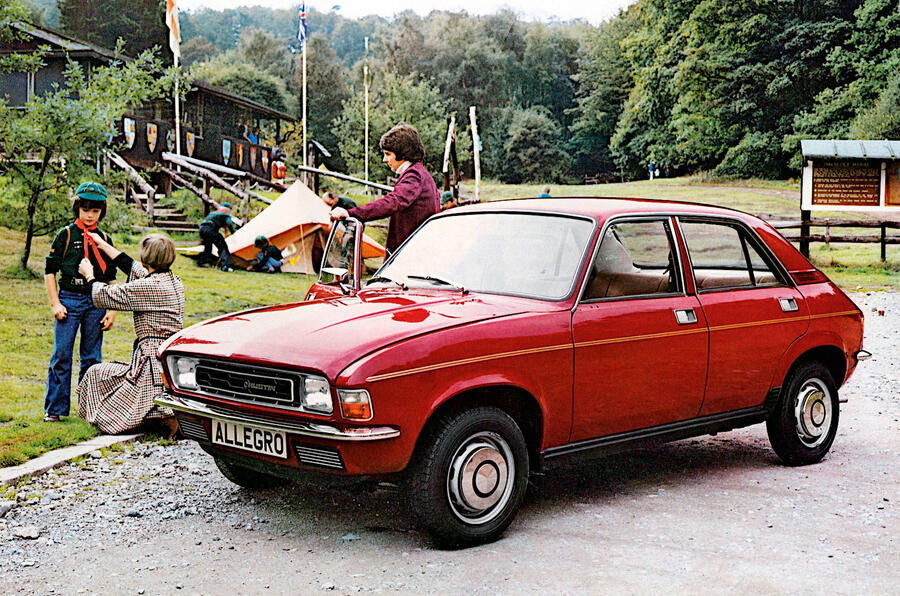
Still, we were assisted by the 1980s arrival of Japanese companies such as Toyota, Honda and Nissan as manufacturers – a result of our efforts to limit their imported models.
They liked our stability, our lingua franca, our welcoming government and our thriving fleet market, so car manufacturing in the UK stayed healthy.
Influenced by enlightened foreign management and labour relations (Honda’s arrival at Rover in 1979 was especially important), UK car-making’s apparently unfixable union problems melted away.
Nissan’s Sunderland operation became, and remains, one of the company’s global jewels; Toyota Derby and Honda Swindon thrived.
There was an extraordinary moment towards the end of 2016 when the SMMT’s president and its CEO, welcoming that year’s 17-year record for UK car manufacture of 1.72 million units, suggested that the mark of 2.0m manufacturedunits in the UK would soon be achieved.
It would eclipse the 1972 all-time record of 1.92m set during the British Leyland heyday, when UK buyers were still buying Allegros, Maxis and Marinas in such large numbers that we hardly noticed our faltering export market.

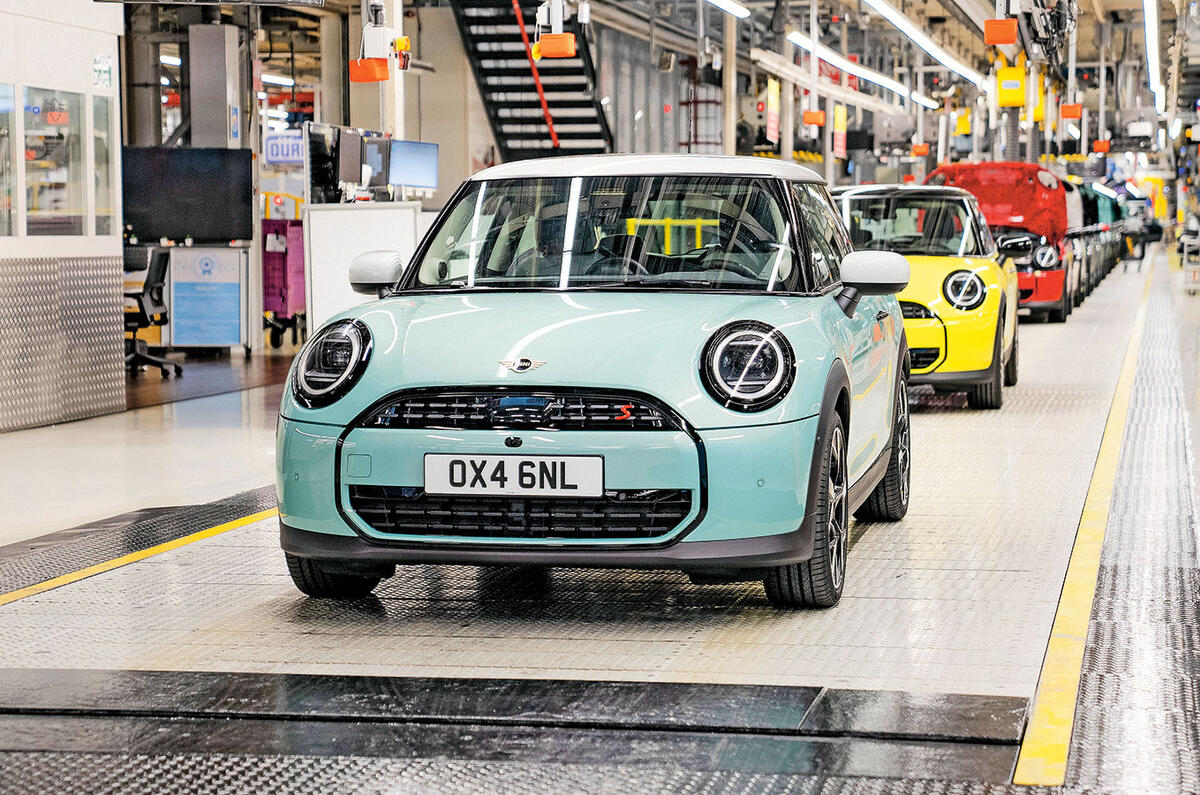
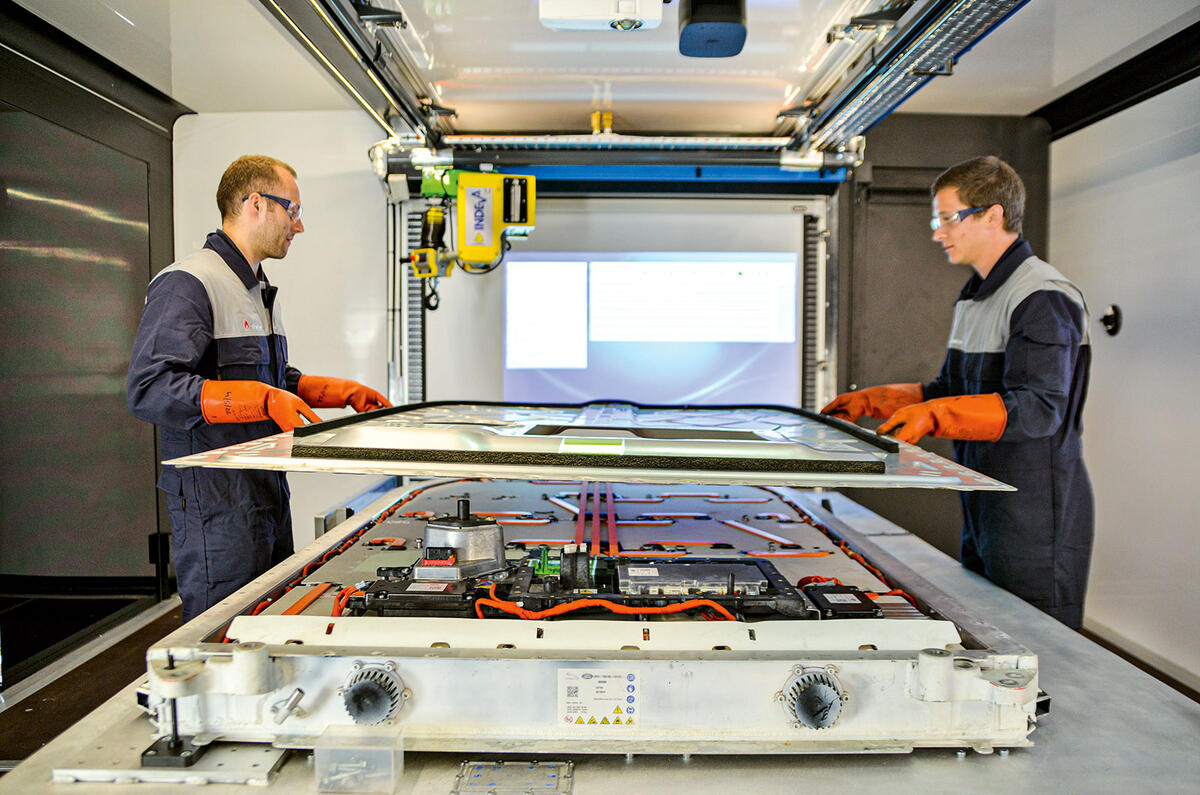
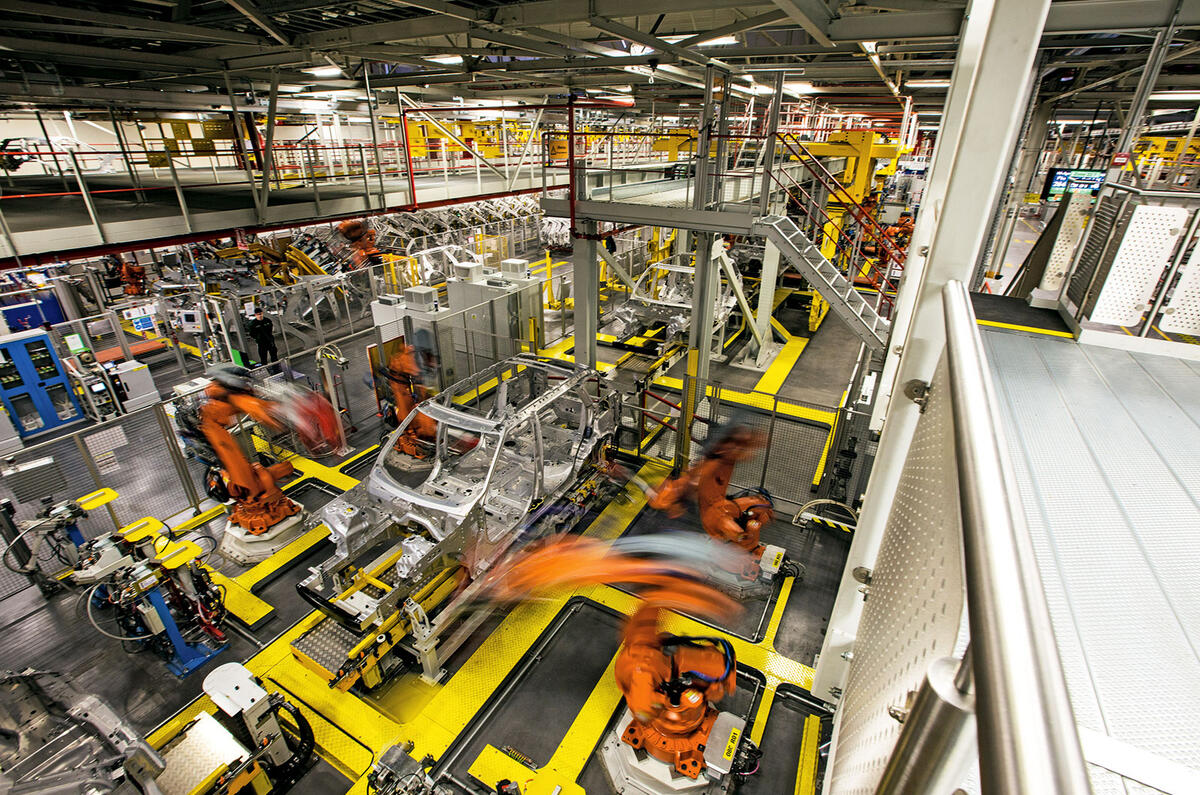
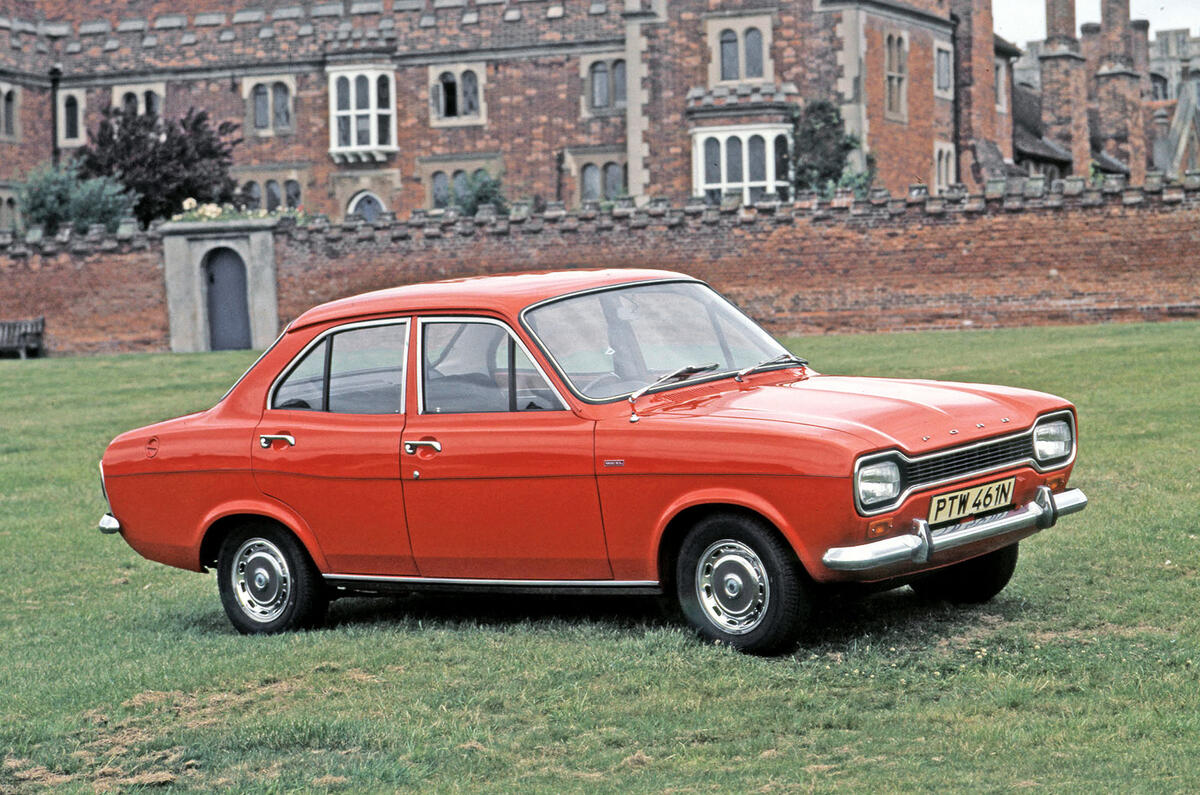
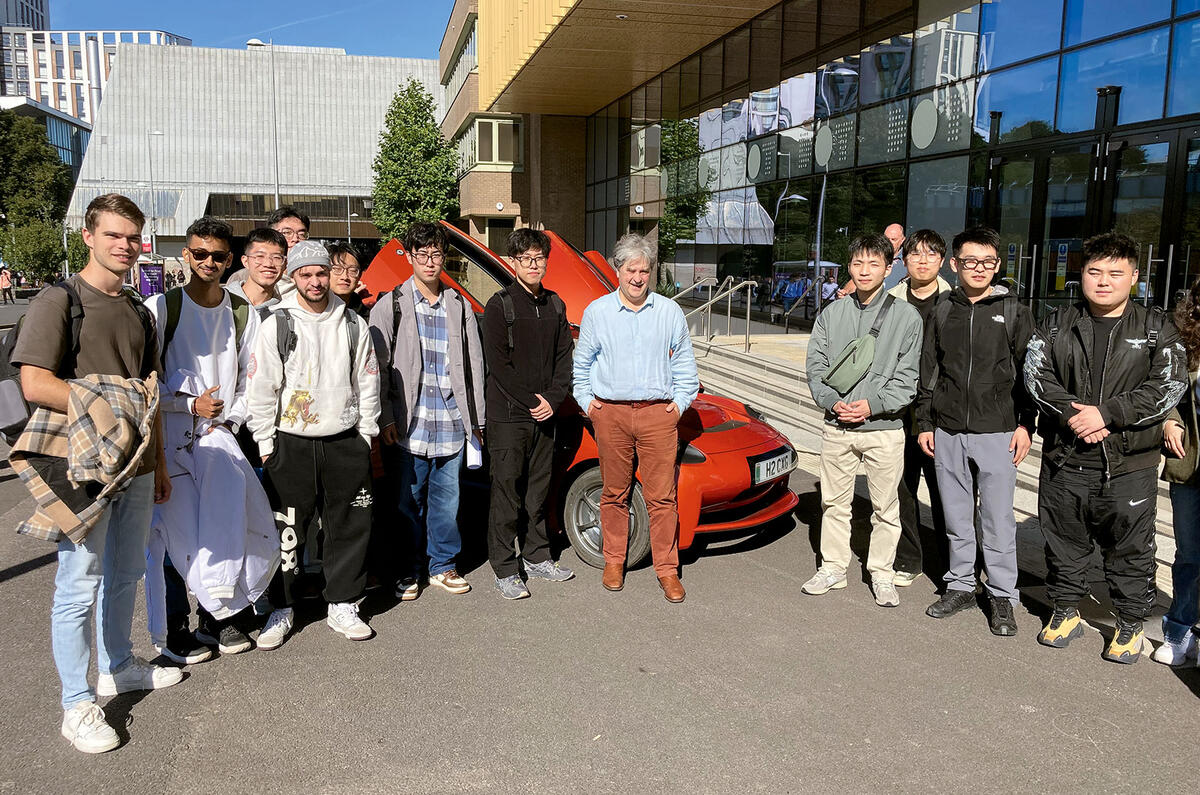
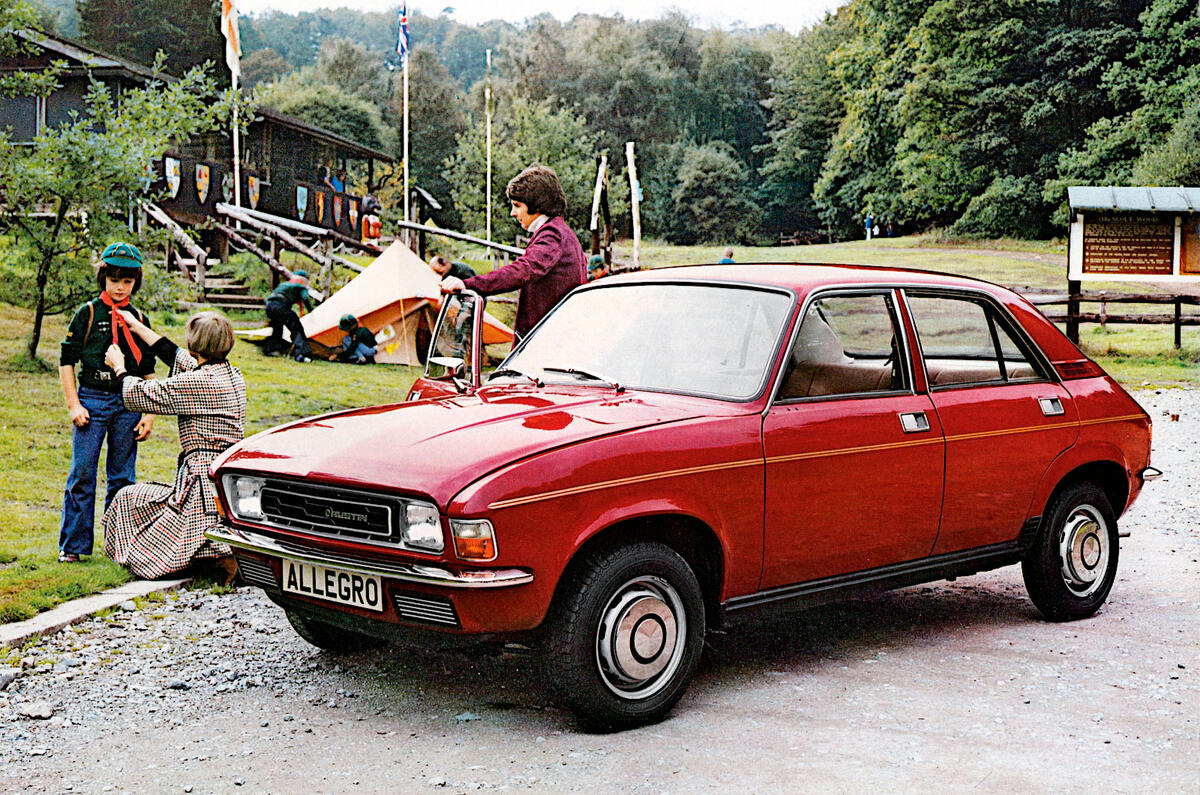
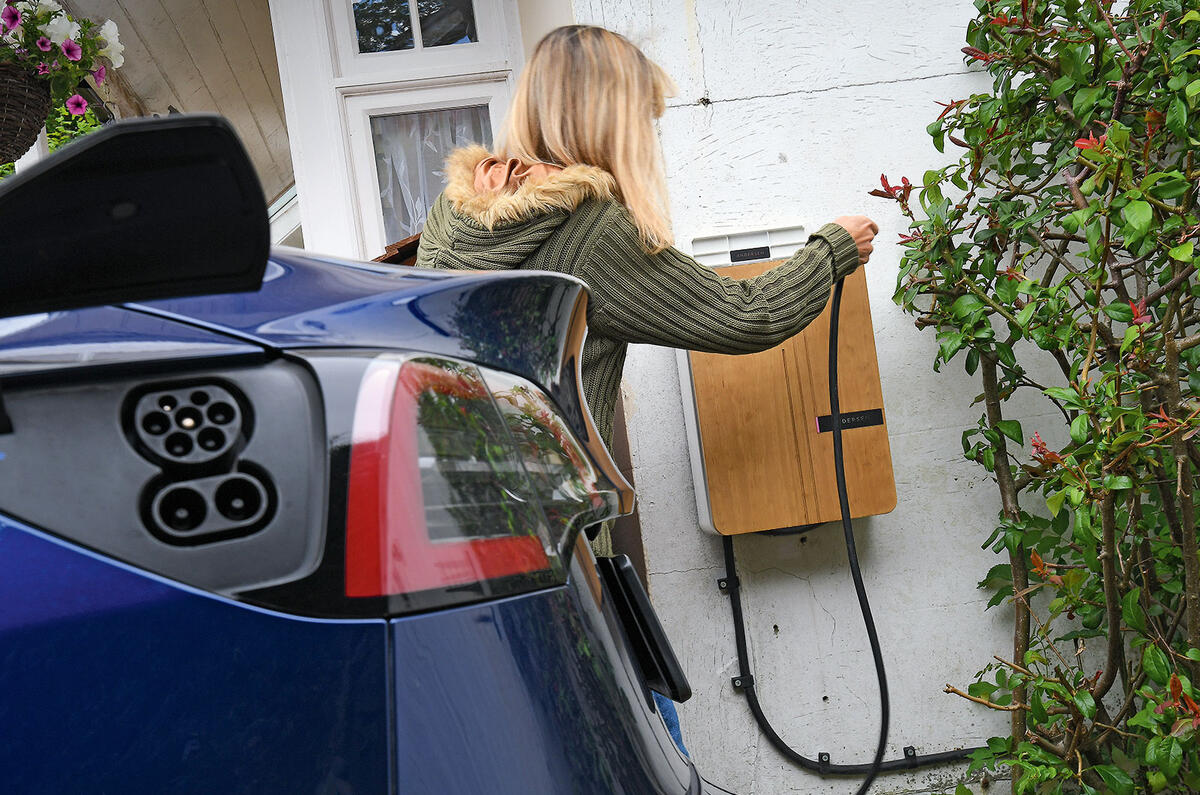
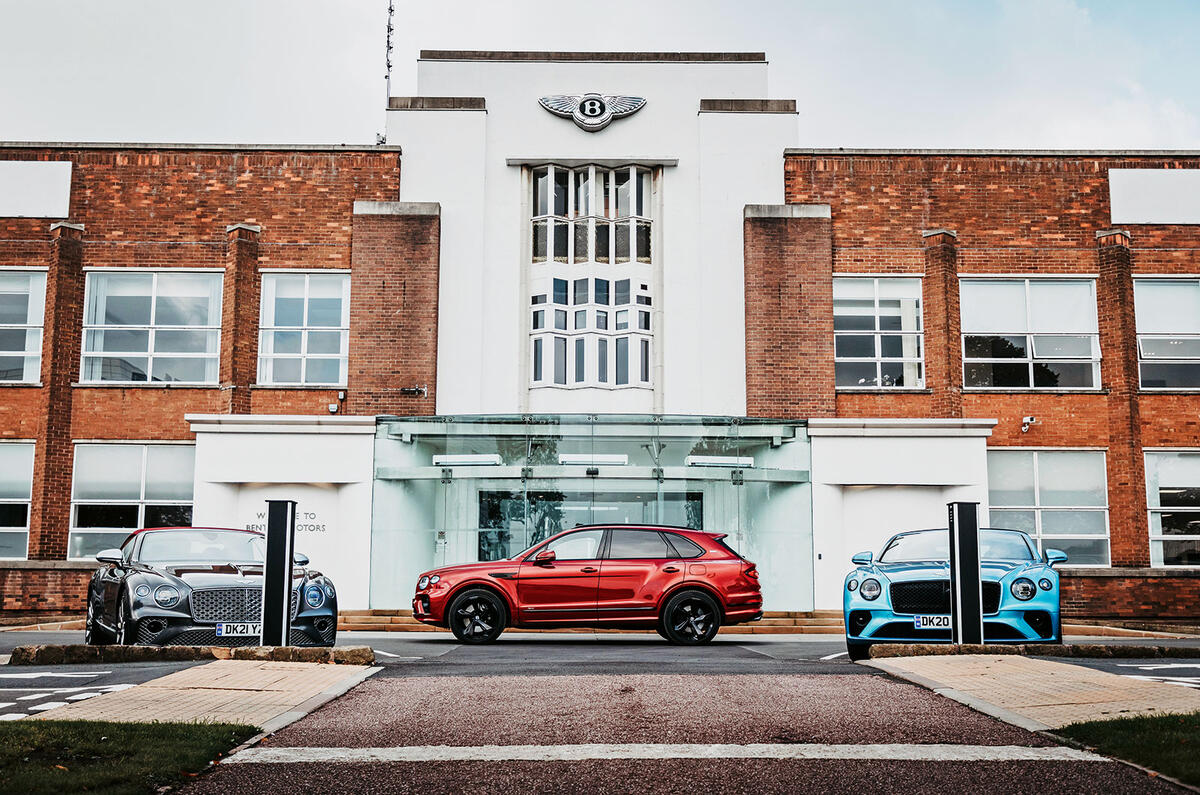
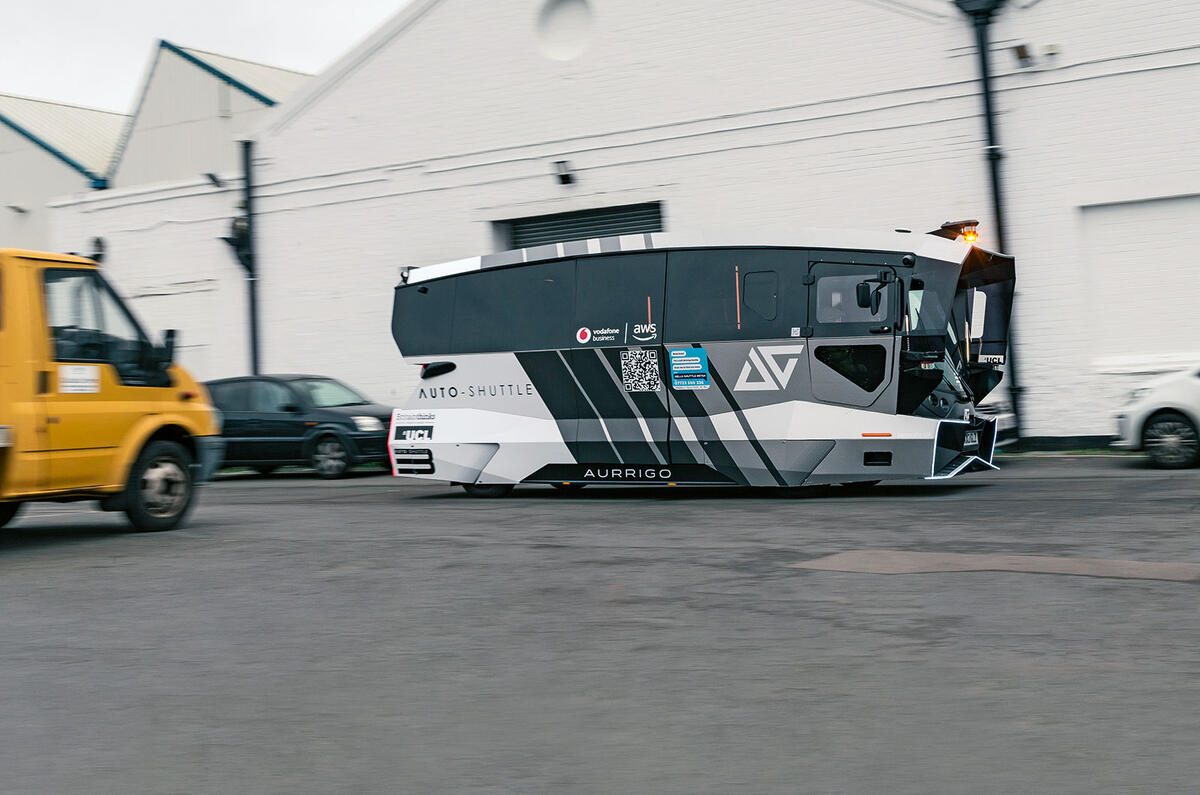
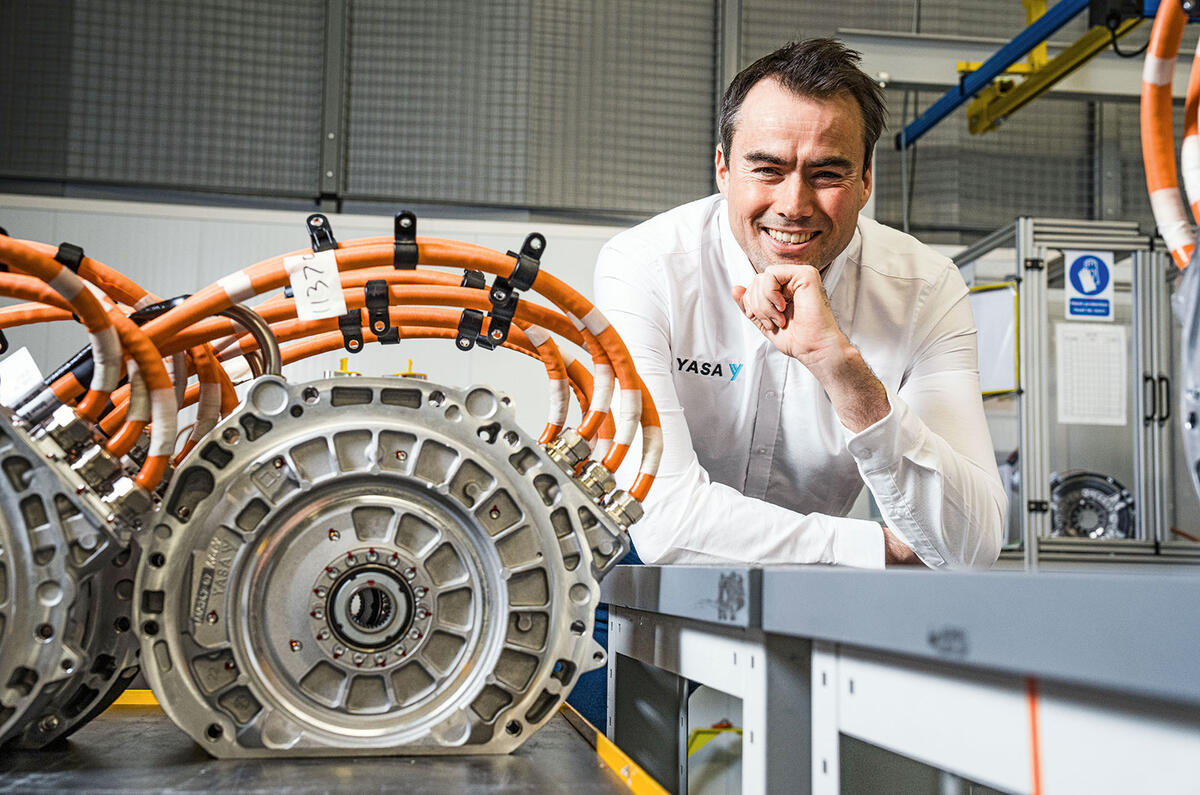
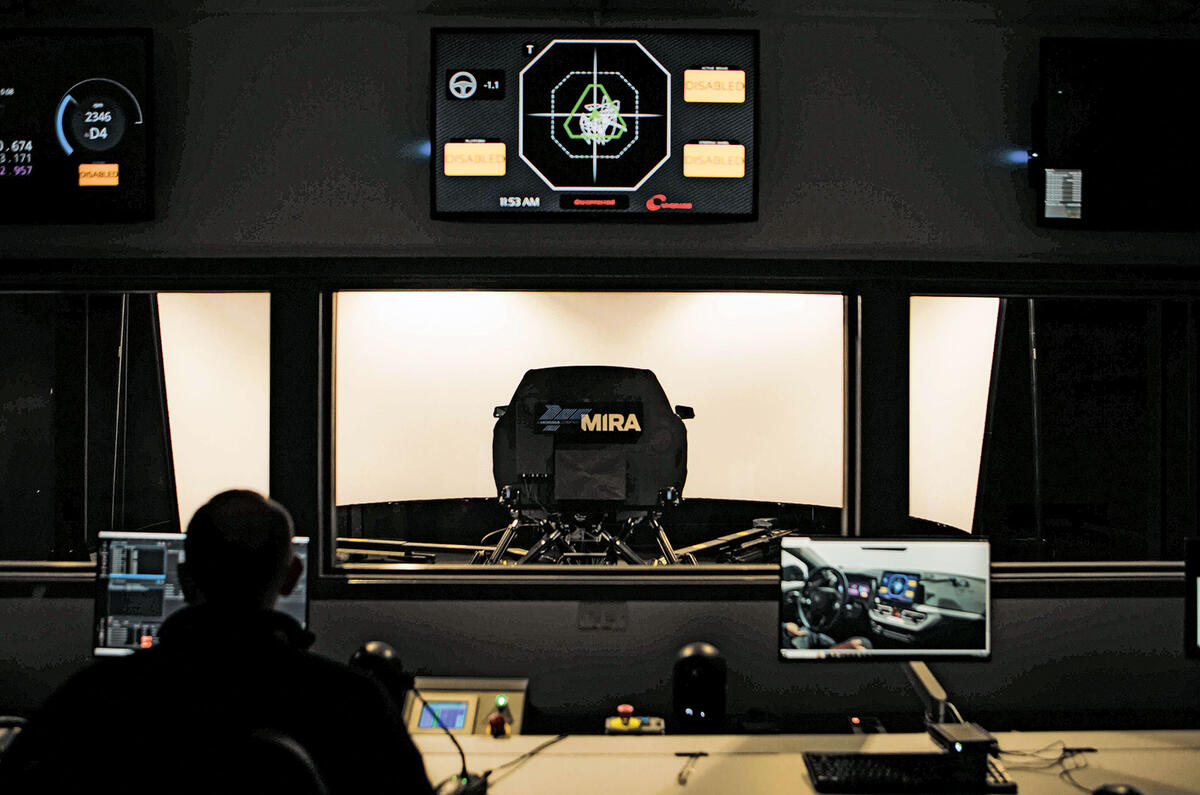
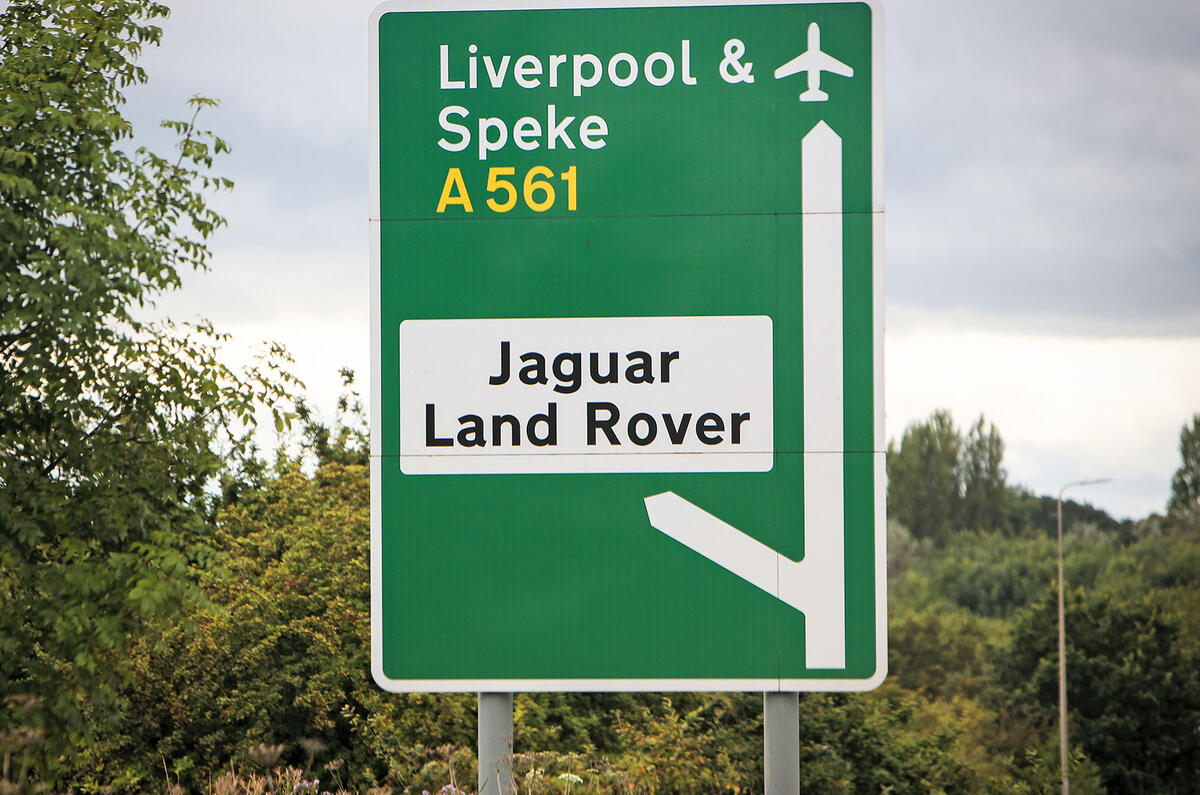
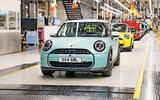
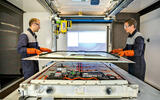
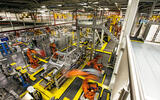
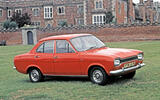









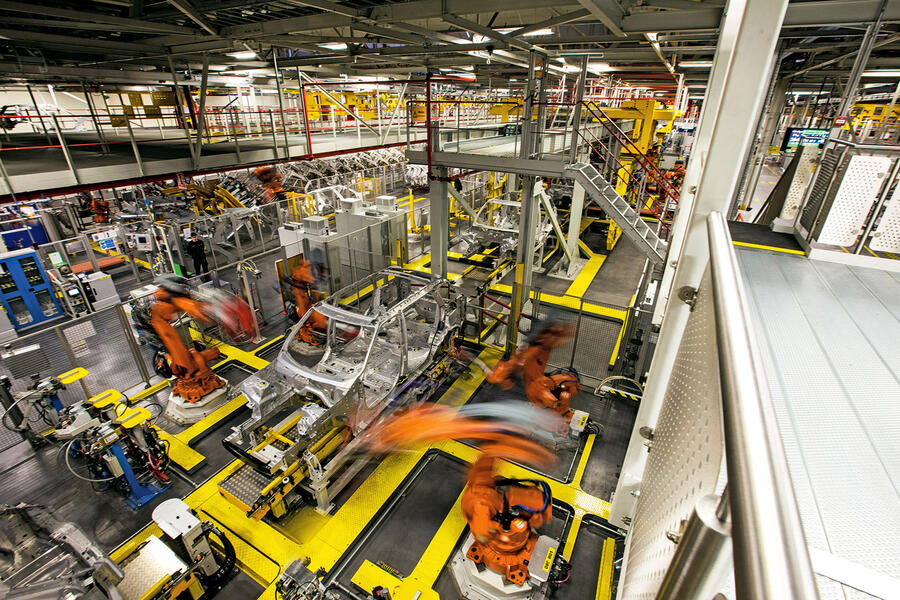
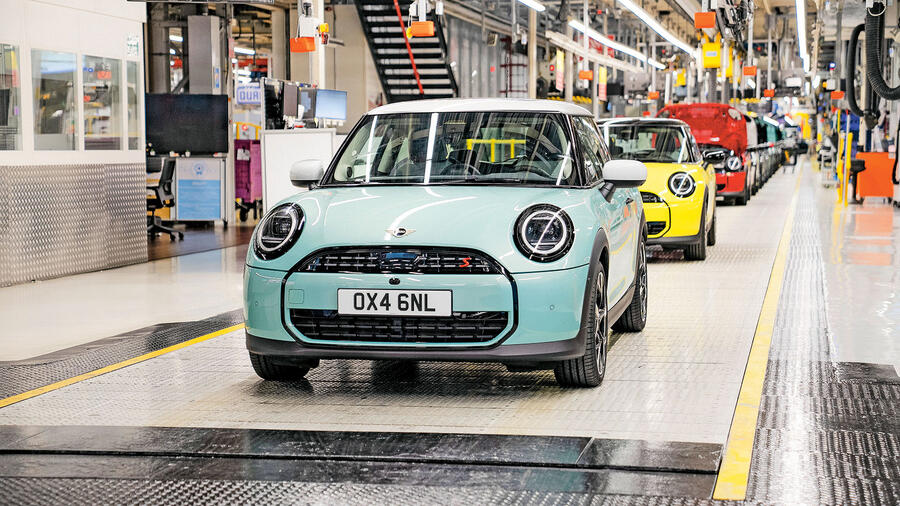
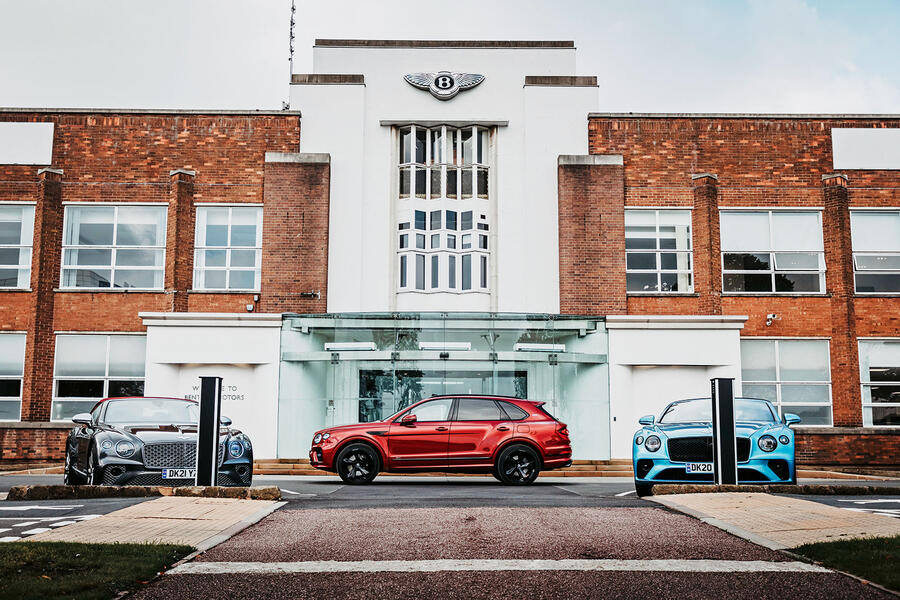





Join the debate
Add your comment
Electrify or die. It's that simple.
Completely agree. Amazing how those horrible unions and lazy British workers managed to produce vehicles in some of the most efficient manufacturing plants in Europe.
As with many other industries the British problem was management, marketing and greed. I swear if Rover were still in existance today, they'd be selling hybrids with the K-series acting as the ICE.
Not sure what the future holds because we sold off our assets for short term profit so we're dependant on other countries for power. How many wind turbines does it take to run a car manufacturing plant? Nissan has just announced 9000 jobs to go worldwide so will be interesting to see from where. I fear if the UK want to retain the likes of Nissan and Toyota then it can only be done with help from the taxpayer.
If UK jobs do go, then please nobody mention the 'B' word. For those who're thinking of it, then just look at the mess German car production lies in right now. Will be interesting to see if Trump follows thru on his import threats. How ironic it would be if they're subject to a 20% import tax by America after the EU applied a 20% import duty on China.
Whatever lies ahead, I'm glad we're able to set our own terms rather than follow what Brussels dictates we should do. I have a suspicion everything they do will be biased towards resuscitating the German car industry.
I can't go with this. Manufacturing in the UK suffers from incredibly high energy costs, for a start. We let foreign companies buy British ones, and where we once led, we now no longer make. I'm old enough to remember bicycle factories! At least for the next 3-4 years (until Labour is out) we won't get any growth, not real growth, it will just tootle along. Wages will have to rise due to property prices, so we could even have a wage-inflation spiral to come, yet. And then we have Net Zero - a scheme literally designed to close British companies!!!
Sorry, Steve, your medication is making you all funny.
We could not bother with Net Zero I suppose, then we won't have any customers left..